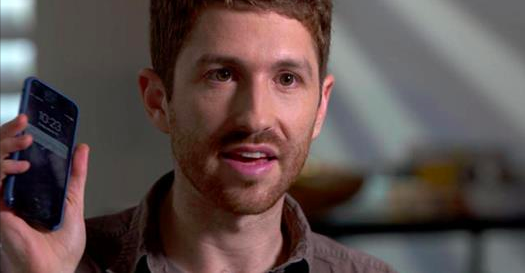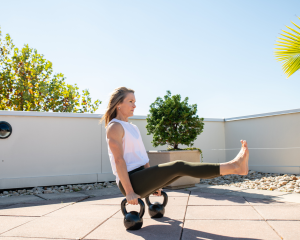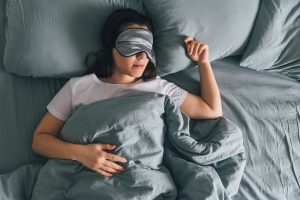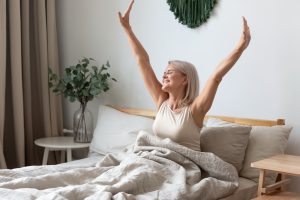* The Names used in this story are fictitious; the experiences are not.
Sally is an executive with a large trade association. Not only is she amazingly successful at work, she has four thriving and happy children each involved in their passions of piano, soccer, theater and tennis. She employs a nanny, Shannon, who picks up the children from their respective schools, drives them to their after-school activities and makes dinner for them. Her husband, Ned, has a successful career as a sports marketing agent. He helps out when he is in town, mainly on the weekends.
Sally can’t help but be attached to her phone. Shannon and Sally are in constant contact as are her son’s theater coaches, and her daughter’s doctor due to a childhood illness of severe asthma. Oh yes, and her staff, her boss and her board members consider Sally indispensable; so she is “on call” 24/7/365.
Then, let’s say just maybe there’s a little Instagram, a little Facebook and checking her daughter’s Snapchat account. O
I need not go on. I too can be charged guilty of looking at my phone all-too-often. Clients call, email, have scheduling and billing questions, scheduling requests
60 Minutes aired a special on how Silicon Valley works to get your brain “hacked”, or addicted to your phone, its apps and social media. As Anderson Cooper says, we “feel the need to check in constantly”. The former Google exec Cooper interviewed attributed our phone use to a slot machine. The engineers who develop them and their intricate software know we humans are intently seeking reward. Therefore, they program the phones to dole them out to us.

Watch a teenager on Snapchat. The engineers of that software have created anxiety among teenagers through developing a feature called “streaks”. Streaks shows the number of days in a row you’ve posted something on the app. Teenagers worry they’ll miss a day or even a “chat” to the point of giving their passwords to others to keep up their “chat.”
All of this leads me back to the main point of sleep. Even back in the “dark” ages of technology, in 2007, there was a study showing the ill effects of cell phone use 1 hour before bed. The study showed people who used a cell phone had a harder time falling asleep than those who didn’t use a cell phone within 1 hour prior to bedtime; they lacked quality sleep.
Blue light, or the type of light emanating from a computer, TV or cell phone, can have negative and inhibitory effect on sleep onset and quality. It tells our brains that it is still daytime, when in fact it is night and dark outside.
Blue light is the way your body – specifically your circadian rhythm – senses its time to be awake. It is great during the day when we all work, play, learn, eat. Yet, at night, our body adjusts to wanting darkness to sleep. Remember we were all hunters and gatherers at one point. Daylight was for work; night was for sleep (or for some, to hunt).
Blue light can have a negative effect on our sleep because it tells the brain (specifically near the optic nerve regulating our circadian rhythm its light outside. So, sleep becomes difficult to achieve – to get there and to stay there.
Blue light from a 10:00 AM sky or blue light from your computer screen or cell phone at midnight – it makes no difference to our circadian rhythms. Our bodies digest light the same.
Our challenge for you: for a week no blue light 1 hour before you head to bed. Yes, it is hard, yet you can do it. We’d love to hear if you notice a difference.
Missed the beginning of our sleep series? Read the first two blogs here and here.



